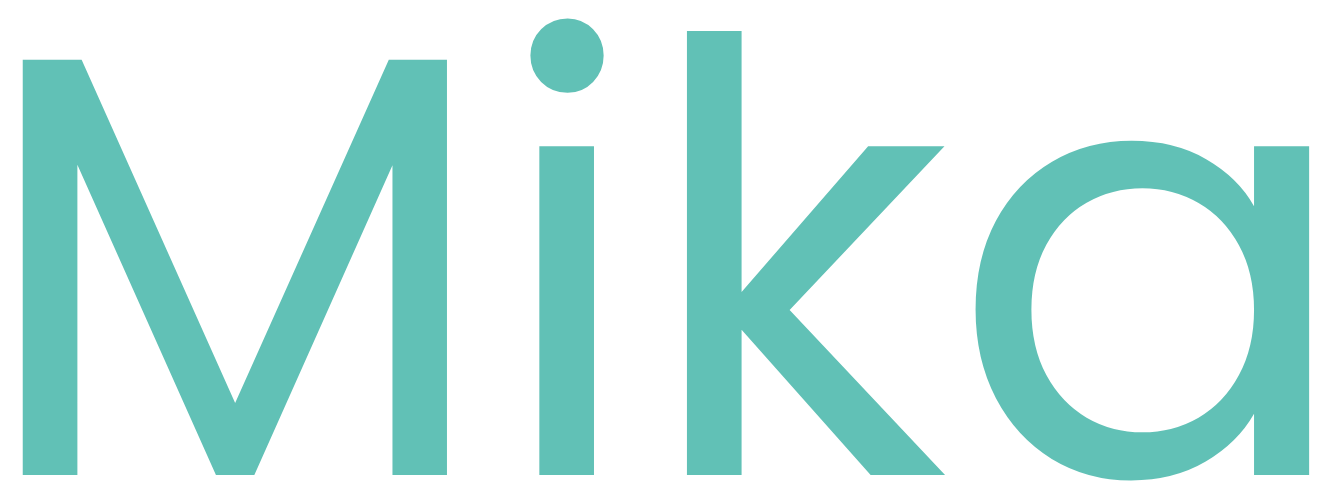Mika Health is reducing the cost of care by redefining healthcare supply chain
The US healthcare industry is challenged by the rising cost of care, legacy systems and entrenched middlemen. From skyrocketing medication prices to the burden of chronic disease management, the financial strain on individuals, insurers, and healthcare systems alike is undeniable. Amid these challenges lies opportunity for innovation.
Mika Health is a company at the intersection of AI and healthcare. We are working to modernize healthcare infrastructure, starting by supply chain. Founded on the belief that technology can transform healthcare delivery, Mika Health has embarked on a mission to develop data-driven solutions that streamline processes, facilitate decision-making, and reduce costs while improving patient outcomes.
Supply chain spend is growing at 6.5% a year, is it a meaningful part of hospital and clinic expense, second only to salaries. Our team knows that modernizing procurement, inventory management, and disposal processes can lead to more positive patient outcomes and overall better margins. Mika Health was born with the mission of enabling healthcare delivery across the world with technology.
Our team is leveraging experience in software, machine learning and data to build solutions for hospitals and clinics to improve their financial performance, reduce administrative burdens and maintain patient outcomes. All these variables contribute to making healthcare more affordable, allowing organizations to distribute resources to clinicians and care delivery. On the surface, balancing sustainability, finances, and technology looks challenging, but by analyzing vast amounts of data, our models identify patterns and trends that enable healthcare providers to run operations more effectively and sustainably.
Our talented team has designed digital-first supply chain processes, tackling procurement, inventory management, and distribution inefficiencies. All these areas were impacting the bottom line and also patient care.
One significant challenge throughout healthcare is the burden of paperwork and administrative tasks on staff, leading to burnout and detracting from their primary focus on patient care. Mika Health's solution allows healthcare professionals to devote more time and energy to delivering high-quality patient care. Analyzing real-time data will now be more accessible for clinic staff, allowing the entire organization to work toward cost savings and better decision making.
Our biggest concern revolves around the significant amount of waste generated by hospitals and clinics, which often goes untracked and poses a considerable threat to the hospital and clinics already razor thin margins as well as to the environment and society. The healthcare industry produces a substantial volume of waste, including hazardous materials, pharmaceuticals, single-use plastics, and biomedical waste. Unfortunately, much of this waste is not adequately managed or disposed of, leading to pollution and adverse health effects on communities.
Addressing this issue requires comprehensive materials management strategies, including better tracking and monitoring systems. Mika’s solutions minimize the negative impact of healthcare waste on the environment with information and data-driven decisions. That's why our team has been focused on developing a product that allows clinics and hospitals to track their consumption for better operational processes. We’re also teaming up with sustainability scientists and researchers to create more awareness, that way decision-makers can contribute to a greener supply chain and save more lives outside the operating room.
Mika Health lies at the intersection of healthcare, technology, infrastructure, finance and climate. We’re thrilled to be a unique company improving the state of humankind’s most essential industry.
Streamline the boring, focus on the extraordinary.


